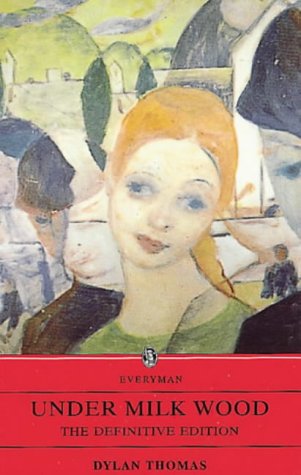Book 71 - Alain Robbe-Grille "Jealousy"
Nov. 4th, 2023 05:30 pmAlain Robbe-Grille "Jealousy" (Calder Publications)

man suspects his wife is having an affair with his neighbor. He searches for proof, for clues, playing the same sequence of events over and over in his mind looking for signs. When did it begin? Do they suspect he knows? How far will the affair go?
Alain Robbe-Grillet's short novel, Jealousy, covers familiar territory-- a married woman's indiscretion with her married neighbor. But Mr. Robbe-Grillet broke new ground, or I should say broke new ground when he wrote Jealousy in 1957. Where have the French been hiding him since?
Jealousy is a third-person first-person narrative. All but one of the scenes features the husband and wife entertaining the neighbor who spends time at their house while his own wife stays home sick. But the husband is almost invisible. The third-person narrator never mentions him. Instead, the narrator obsessively reviews what look like unimportant events in a stream-of-consciousness style that perplexes as much as it enlightens.
Try as he might, the narrator cannot find proof of the wife's infidelity. Glances over dinner, pauses in the conversation, and even a night spent together in a hotel does not prove anything. There seem to be no grounds for jealousy. But suspicion lingers. The reader understands that the wife and the neighbor must be up to something. Why keep going over the same set of events if they're not? Soon the reader becomes aware that the third-person narrator is the husband--that the third person is really a first-person narration. Obsessed with his wife's infidelity, the husband has written himself out of the novel as he jealously examines and re-examines how his wife and his neighbor behave.
One night, the neighbor kills a centipede as it crawls up the wall during an uneventful dinner. This event is observed in such detail and so many times from so many angles that the reader soon believes it must mean something. But what? The neighbor and the wife drive into town, a drive of several hours from the banana plantations where they live, and fail to return until the next day claiming bad road conditions prevented night travel. This also must mean something, but again what are we to make of it?
By the end, the experience of reading Jealously becomes the experience of jealousy itself. There is no resolution, no linear plot, and not much in the way of character either. Instead, the novel takes the reader into the emotion. Jealousy is the novel's main character in the end. It serves no purpose, it is not resolved, and it has no single cause nor anything to support its existence except itself. Jealousy gives birth to itself and feeds itself as it grows
Quite an astonishing novella.

man suspects his wife is having an affair with his neighbor. He searches for proof, for clues, playing the same sequence of events over and over in his mind looking for signs. When did it begin? Do they suspect he knows? How far will the affair go?
Alain Robbe-Grillet's short novel, Jealousy, covers familiar territory-- a married woman's indiscretion with her married neighbor. But Mr. Robbe-Grillet broke new ground, or I should say broke new ground when he wrote Jealousy in 1957. Where have the French been hiding him since?
Jealousy is a third-person first-person narrative. All but one of the scenes features the husband and wife entertaining the neighbor who spends time at their house while his own wife stays home sick. But the husband is almost invisible. The third-person narrator never mentions him. Instead, the narrator obsessively reviews what look like unimportant events in a stream-of-consciousness style that perplexes as much as it enlightens.
Try as he might, the narrator cannot find proof of the wife's infidelity. Glances over dinner, pauses in the conversation, and even a night spent together in a hotel does not prove anything. There seem to be no grounds for jealousy. But suspicion lingers. The reader understands that the wife and the neighbor must be up to something. Why keep going over the same set of events if they're not? Soon the reader becomes aware that the third-person narrator is the husband--that the third person is really a first-person narration. Obsessed with his wife's infidelity, the husband has written himself out of the novel as he jealously examines and re-examines how his wife and his neighbor behave.
One night, the neighbor kills a centipede as it crawls up the wall during an uneventful dinner. This event is observed in such detail and so many times from so many angles that the reader soon believes it must mean something. But what? The neighbor and the wife drive into town, a drive of several hours from the banana plantations where they live, and fail to return until the next day claiming bad road conditions prevented night travel. This also must mean something, but again what are we to make of it?
By the end, the experience of reading Jealously becomes the experience of jealousy itself. There is no resolution, no linear plot, and not much in the way of character either. Instead, the novel takes the reader into the emotion. Jealousy is the novel's main character in the end. It serves no purpose, it is not resolved, and it has no single cause nor anything to support its existence except itself. Jealousy gives birth to itself and feeds itself as it grows
Quite an astonishing novella.
